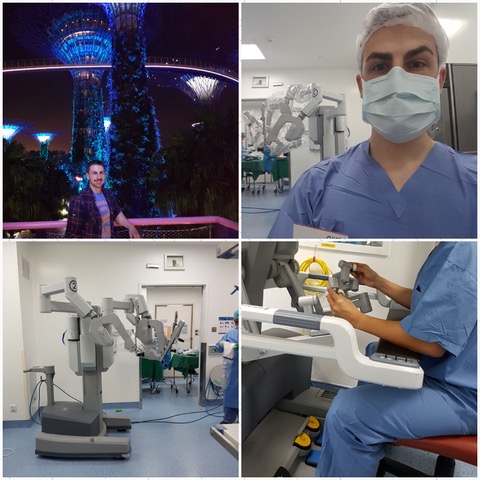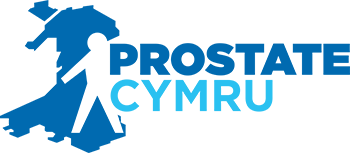
Elective report by Ethan Bateson – Recipient of the Ray Murray Travelling Fellowship
My medical school elective took place at the National University Hospital (NUH) a teaching hospital closely linked with the National University of Singapore. I chose to concentrate my time within the Urology department. This is an area of great interest to myself, emphasis of which I felt was lacking at my own medical school.
The placement was well organised with a large amount of integrated learning opportunities. There was a strong focus on communication skills which included developing history taking techniques during clinic time as well as practising physical examinations and clinical problem solving. I was encouraged to lead clinic consultations and trained to use the ultrasound machines to visualise the bladder, prostate and kidneys. I also became competent in using the universal computer-based system which integrates many functions for both inpatient and outpatient care. The large amount of consultant supervision, guidance and thorough feedback allowed me to improve my examination and consultation style.
During my time on the wards, I was confronted with numerous urological problems associated with inpatient care, such as blocked catheters, post-operative urinary retention, and UTI management. Becoming comfortable with the management of these issues has proven very useful, especially during the early stages of my foundation training. As well as exposure to ward-based medicine, I also spent a lot of time in theatres observing numerous urological and renal procedures, ranging from robotic prostatectomies and kidney transplants to more minor procedures like circumcision, vasectomies and shock wave lithotripsy. Seeing up close the use of the famous Da Vinci surgical robots was one of my personal highlights.
As well as urology, I am also interested in radiology and oncology. Last year, I spent time in the Wales Research and Diagnostic Positron Emission Tomography (PET) Imaging Centre. I was involved in developing quality control methods for new PET scan tracers and was fascinated by the use of novel substrates such as fluorodeoxyglucose for imaging tumours, including a particular F-18 choline tracer for imaging prostate cancer. During my time in the urology department of the NUH Singapore, I spent some time in the radiology department. It was interesting to see the use of new diagnostic imaging techniques have been fully integrated into the system, as multiple PET scan requests were made.
The Singapore healthcare system is renowned for being very efficient and I could see clearly during my experience that the services were particularly streamlined. The Urology Centre at the National University Hospital in Singapore provides a unique ‘one-stop service’ whereby all the outpatient day procedures such as basic urological evaluations can be performed under one roof, on the same day. Every consultation room was equipped with a state-of-the-art ultrasound machine and urodynamic investigative equipment, allowing immediate relevant examinations for urological patients within easy reach. As I progress through my foundation training, it will be interesting to compare these services with the ones currently provided on the NHS.
Unlike the NHS, the healthcare system in Singapore is funded through a combination of compulsory life insurance and government healthcare financial contributions. Therefore, residents of Singapore must consider the cost of treatment when using the healthcare service. This cost aspect was clearly reflected in the care provided in the hospital in Singapore. For example, wards were separated into four classes ranging from deluxe suites (equivalent to hotel rooms) to fan-ventilated large bay wards with shared bathroom facilities. This class system even extended to the types of consultations in clinics, where premium rates were demanded if a patient wanted more personal consultant care. Being both clinical and financial advisors, hospital professionals in Singapore must be well versed in the business aspects of healthcare. The concept of doctors discussing the cost of treatment during consultations was an unfamiliar situation for me.
Aside from hospital exposure, I was also able to experience the diverse culture within Singapore. The country has a unique fusion of Asian and European influences and I felt comfortable integrating into the community. The official languages are English and Mandarin, but many also speak Malay. This brings challenges to the healthcare environment. It was interesting to experience consultations that were conducted via the use of a translator. This allowed me to develop both my communication skills and awareness of cultural differences. I was surprised to discover a large number of English immigrant doctors working in the hospital, many of whom had good conversational ability in Mandarin.
I was particularly impressed by the amount of time invested in personal development for NUH staff. During my placement period, there were weekly workshops for doctors focused on mindfulness and self-development. One session in particular focused on the teachings of well-known author Stephen Covey and his book ‘The 7 Habits of Highly Effective People’. It was interesting to discover that attendance to these workshops was compulsory for the hospital doctors of all grades. Singaporean doctors and medical students appear highly proactive with regards to learning and teaching but are also focussed on developing themselves as well rounded clinicians, teachers and individuals. Holistic development is well-practised throughout the healthcare workforce in Singapore and is not limited to doctors. Perhaps this ethos was contributory to the atmosphere which I felt in the hospital, which was of happy and fulfilled healthcare staff that worked in cohesive teams. I believe that there is relatively little focus on personal development during medical school and within NHS hospitals. Because of this observation, I have subsequently been liaising with the Learning and Development Lead at my hospital trust regarding the integration of compulsory personal development within foundation years teaching.
In conclusion, I would like to wholeheartedly thank the Urology department at NUH for their welcoming presence, in particular the consultants who were not only great scholars, but also attentive mentors. As well as developing my clinical competencies, I have learnt how to adapt my learning techniques and utilise reflective practice. These skills will become invaluable as I progress through my medical training. Finally, I would like to thank Prostate Cymru for their generous financial support without which, I would have been unable to carry out such a memorable and rewarding elective.

